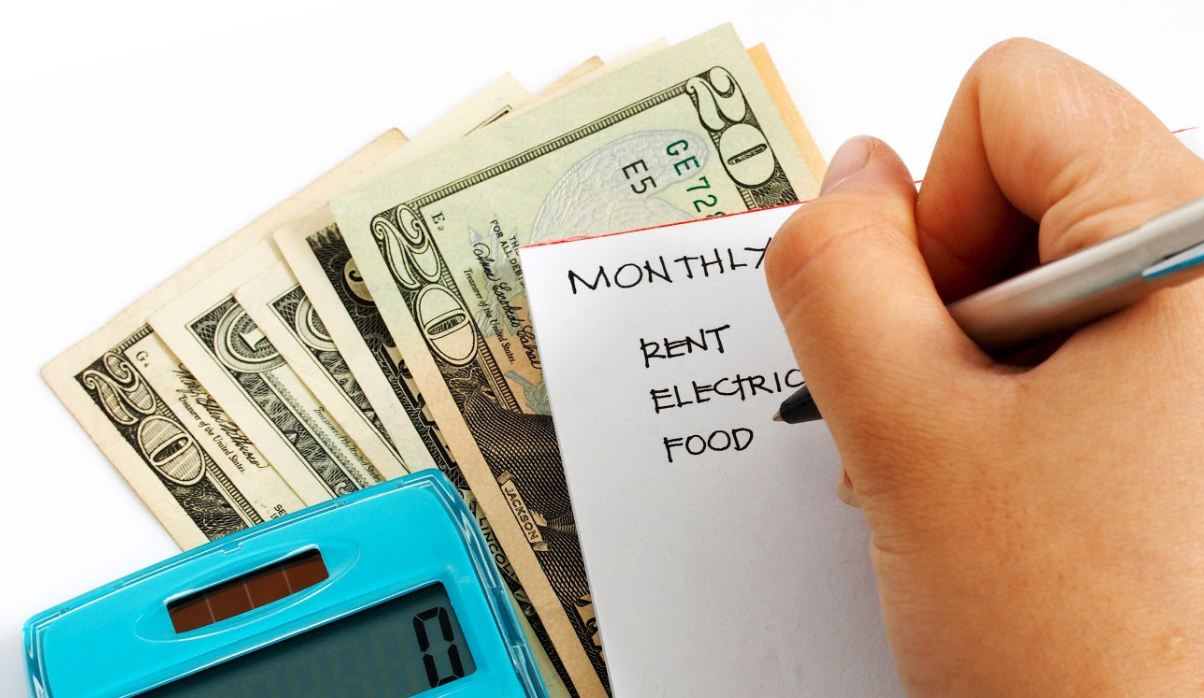What Categories Should Be in My Budget?
- March 25, 2018
- by Emily

The key to creating an effective budget, whether you’re creating a monthly or annual budget or planning a budget for an upcoming vacation, is that you need to account for everything. The numbers on your budget should align with what you’re actually spending—or at least include all of the types of expenditures that you expect.
At WealthMeta, we value thoroughness in financial planning, and think that people have a better chance of reaching their financial goals if they look at the entire financial picture. Some people will tout their super-frugal budgets but leave out spending on health care in spite of having high-deductible insurance, for example. That person might be able to keep to the budget, but it isn’t entirely realistic. That said, blowing your budget over a broken arm is not the same as blowing your budget on a new TV.
The same goes for vacation budgets that don’t account for food or local transportation—unless you’re going on an all-inclusive cruise, you’ll need to eat while traveling.
So what should you include in your budget? Here’s a basic guideline for what categories should be in your budget.
Your Income
Budgets aren’t just about expenses, they are about balancing your expenses with your income. Your monthly budget should include all of your sources of income on a monthly basis; your annual budget should have your annual income.
Housing
Whether you rent an apartment, pay a mortgage or live in your parents’ basement, most people have to pay something for their housing. Your housing category could include the following sub-categories:
- Rent or mortgage
- Taxes
- Renters or homeowners insurance
- Utilities (electricity, gas, any additional heating costs, phone/internet)
- General maintenance
- Major maintenance
Transportation
You have to get around somehow. If you walk everywhere, this category might be zero… but I had a friend who did that in New York City and his shoes wore out so fast that he decided he wasn’t really saving money, since he had to buy new shoes so often. This might include:
- Car payments
- Car insurance
- Car maintenance
- Gas
- A monthly bus pass
- Bike maintenance
Health Care
Staying healthy is important, and while it can be a variable cost (and no one likes to plan on getting sick), it’s a good idea to know how much you might have to spend on health care, both in an ‘average’ scenario and in a worst-case scenario. When you’re thinking about health care expenses, think about the following things:
- Copayments on doctors’ visits and medications
- Health insurance premiums, if you pay for your own health insurance
- Your deductible and out-of-pocket maximums. If you’re creating a family budget, make sure you’re taking into account the deductible for each person.
Food
You eat, right? Unless you grow your own (or hunt and gather it all), you’ll need to buy food. Food should go into two categories: Groceries and eating out.
Have Children?
Kids can be expensive, and the kinds of expenses incurred change over time. The most expensive periods are when they are very little and need a lot of care, and again when they are in college.
- Nanny
- Baby sitter
- Day care / pre school
- After school and extracurricular activities like piano lessons or sports
- College savings
- Tutors
- Clothing
- Additional car insurance (when they turn 15!)
Debt Payments
If you have any credit cards, student loans or other debt that you need make payments on, this should be a category in your budget as well. Ideally, you’ll have two sections for each debt:
- The minimum payment you need to make every month
- The extra payments you’d like to make on a monthly or annual basis
Savings
Many people start a budget as a way to start saving more or to save more consistently. There could be a number of sub-categories for savings:
- Saving for a vacation
- Saving for a financial goal like a down payment for a house
- Investments
- Retirement savings
- Building up an emergency fund
Personal Care
This is a major category that encompasses everything you need to do to feel good. There will be a lot of variation in how much people spend in this category, but here are some sub-categories that would fall under personal care:
- Clothing and shoes
- Haircuts
- Shampoo, soap, lotion and other personal care products
- Laundry supplies and/or dry cleaning
- Cell phones
- Gym membership
Entertainment
You’ve already accounted for eating out in the ‘food’ category, but if you go to the movies, to concerts or take a vacation, you should include that in the entertainment category.
Other
No two people will have an identical budget. There might be line items on your budget that are unusual or that don’t fit nicely into a major category. It’s fine to have other categories or to include some things in a miscellaneous category, but try to label the expenses as much as possible. These might include:
- Hobbies
- Training or continuing education classes
- Membership fees
- Small but regular indulgences like trips to your favorite coffee shop, bakery or pub
The bottom line when it comes to creating a budget is to capture all of your expenses. You might spend $0 on housing but thousands on your education… for example, if you’re living with your parents’ but in the midst of your college education. The important thing is to create an accurate picture of your income and expenses and use that picture as a plan for meeting your financial goals.
More Resources:
You may be interested in our printable household monthly spending sheet as a free an non-techie way to get a handle on your budget. Also check out our Home Budget Tracker if you are interested in using an app to track your finances.








